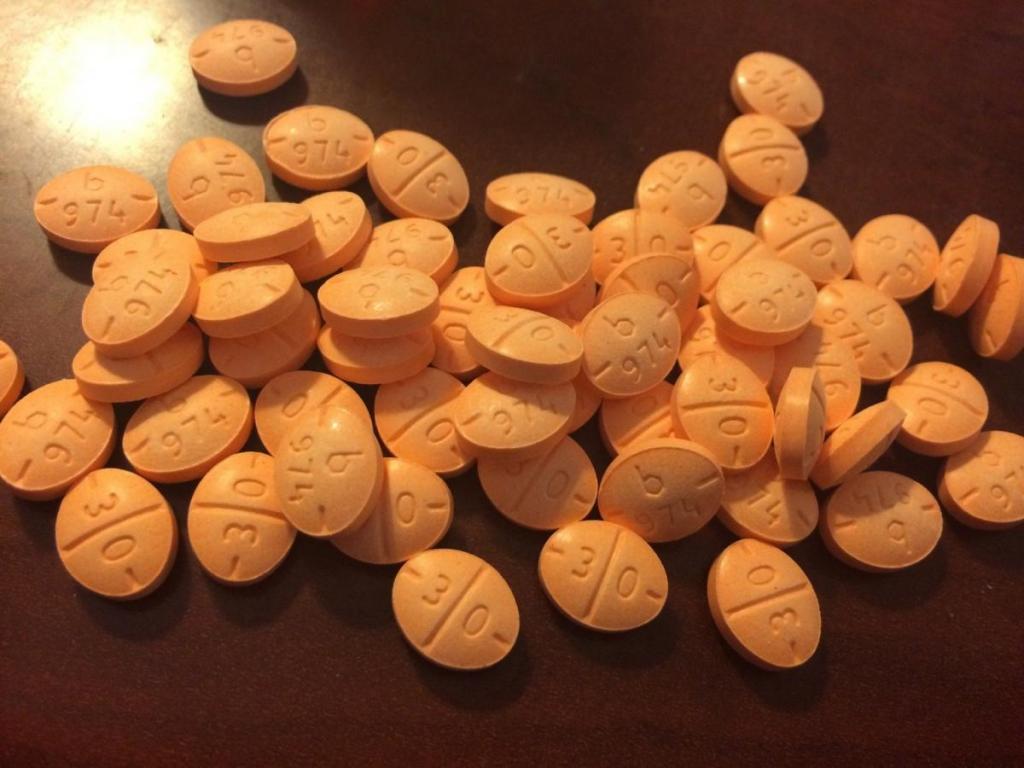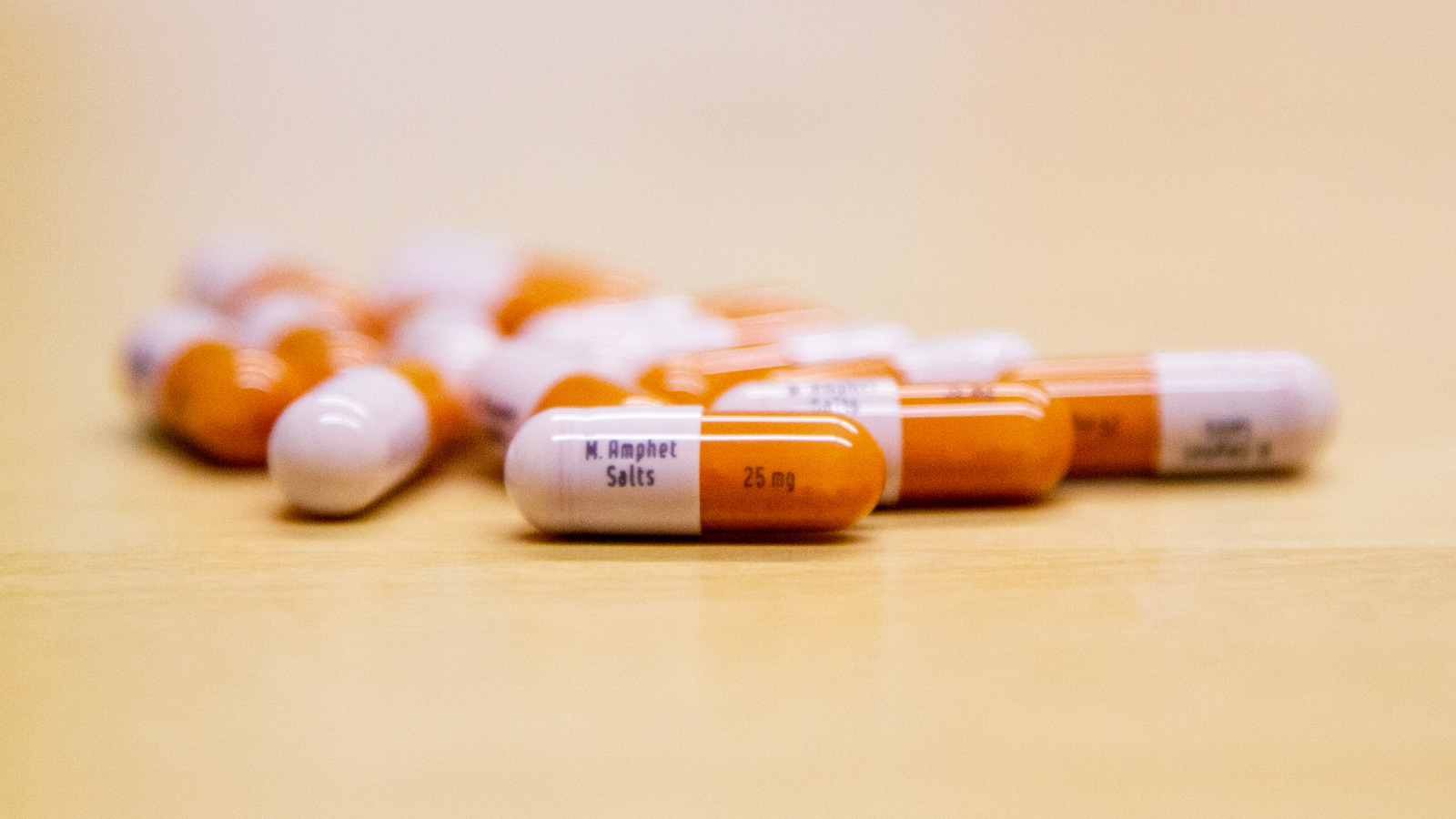Understanding the Brain’s Reward System in Addiction

Understanding the Brain’s Reward System in Addiction
Addiction is a complex and multifaceted condition that affects millions of people worldwide. While many factors contribute to the development of addiction, a significant element lies within the brain’s reward system. Understanding how this system works can provide valuable insight into why addiction is so difficult to overcome. By comprehending the neurobiology behind addiction, individuals and professionals can better approach treatment and recovery. Seeking help from a mental hospital in Mumbai can provide essential support for those struggling with addiction, as these facilities are equipped to address the neurological, psychological, and emotional aspects of recovery.
The Brain’s Reward System: An Overview
The brain’s reward system is a network of structures that play a role in reinforcing behaviors that are essential for survival, such as eating, socializing, and engaging in activities that provide pleasure or satisfaction. Central to this system is the release of dopamine, a neurotransmitter that triggers feelings of pleasure and motivation. When we experience something rewarding, our brain releases dopamine, reinforcing the behavior and making it more likely that we will repeat it in the future.
While the reward system is vital for encouraging beneficial behaviors, it also plays a significant role in the development of addiction. When substances or behaviors hijack this system, they can create a cycle of dependency that is difficult to break. This is particularly true when the brain starts to associate drugs, alcohol, or other addictive behaviors with pleasure, leading to the reinforcement of the addiction over time.
Dopamine and Its Role in Addiction
Dopamine is often referred to as the “feel-good” neurotransmitter because of its role in producing pleasurable sensations. When a person engages in a rewarding activity, dopamine is released, reinforcing the behavior and encouraging the person to repeat it. In the case of addiction, substances like alcohol, drugs, or even gambling can trigger a release of dopamine in the brain, leading the person to seek the addictive behavior repeatedly.
The problem arises when these substances cause a much more substantial release of dopamine than natural rewards. For instance, drugs like cocaine and heroin can lead to an overwhelming rush of dopamine, which provides an intense feeling of euphoria. Over time, the brain becomes accustomed to these high dopamine levels, leading to the need for more of the substance to achieve the same effect. This is known as tolerance. As the brain adapts, it may also become dependent on the substance to maintain normal dopamine function, resulting in addiction.
The Reward Pathways in the Brain
The brain’s reward system is composed of several key areas, including the ventral tegmental area (VTA), nucleus accumbens, and prefrontal cortex. When a person engages in an activity that triggers the release of dopamine, these areas become activated, forming a pathway of reinforcement.
- Ventral Tegmental Area (VTA): The VTA is located in the brainstem and is the primary source of dopamine. When stimulated by rewarding behaviors, it releases dopamine into other regions of the brain.
- Nucleus Accumbens: This area is often referred to as the “pleasure center” of the brain. It receives dopamine from the VTA and is responsible for the feeling of pleasure associated with rewarding behaviors.
- Prefrontal Cortex: This region is involved in decision-making, impulse control, and planning. It helps regulate the brain’s response to rewards and is responsible for weighing the consequences of behaviors. In addiction, the prefrontal cortex may become less effective, leading to impaired judgment and impulsivity.
The disruption of this pathway in addiction makes it difficult for individuals to control their urges and resist the temptation to engage in addictive behaviors. Over time, the brain’s reward system becomes altered, making natural rewards less stimulating and increasing the desire for the addictive substance.
Why Addiction Is So Hard to Overcome
The brain’s reward system is powerful, and its influence on behavior is profound. Addiction is difficult to overcome because the brain’s wiring has been altered, creating an intense craving for the substance or behavior that is now associated with pleasure. Even if an individual recognizes the harm caused by their addiction, the brain’s reward system can override this awareness, pushing them to continue seeking the substance.
Additionally, the more a person engages in addictive behaviors, the more entrenched these behaviors become. The neural pathways associated with addiction become stronger, and the brain’s dependency on the substance increases. This creates a vicious cycle, where the individual feels compelled to continue using the substance to maintain dopamine levels, leading to increased tolerance and further dependency.
Breaking free from addiction requires more than just willpower. It often involves rewiring the brain’s reward system, which can take time and specialized treatment. A mental hospital in Mumbai can provide the necessary medical and psychological support to address addiction and help individuals recover by focusing on the underlying brain chemistry and emotional factors contributing to the addiction.
Treatment and Recovery: Rewiring the Brain’s Reward System
Overcoming addiction often involves a combination of medical, psychological, and behavioral treatments that help individuals regain control over their brain’s reward system. Detoxification is the first step, helping to clear the substance from the body and manage withdrawal symptoms. After detox, therapy plays a crucial role in helping individuals understand the psychological aspects of their addiction and develop healthier coping mechanisms.
Cognitive-behavioral therapy (CBT) is one of the most commonly used therapies for addiction. CBT helps individuals identify negative thought patterns and replace them with more constructive ones. Through this therapy, individuals learn how to manage cravings, avoid triggers, and change their behavior. Additionally, support groups, such as 12-step programs, provide emotional support and a sense of community that can be crucial in the recovery process.
At a mental hospital in Mumbai, individuals struggling with addiction can access these treatment options in a supportive environment. These hospitals offer a range of therapies tailored to the individual’s needs, helping them understand the science behind addiction and providing them with the tools they need to break free from the cycle.
Conclusion
The brain’s reward system plays a crucial role in the development of addiction, making it a difficult condition to overcome. The powerful release of dopamine that occurs during addictive behaviors creates a cycle of reinforcement, leading to dependency. Understanding how addiction works at a neurological level can help individuals and professionals develop effective strategies for treatment and recovery.
If you or a loved one is struggling with addiction, seeking help from a mental hospital in Mumbai can provide the necessary care to address the underlying issues and break the cycle of addiction. Through medical intervention, therapy, and support, individuals can begin the journey of rewiring their brain’s reward system and rebuilding a life free from addiction.




